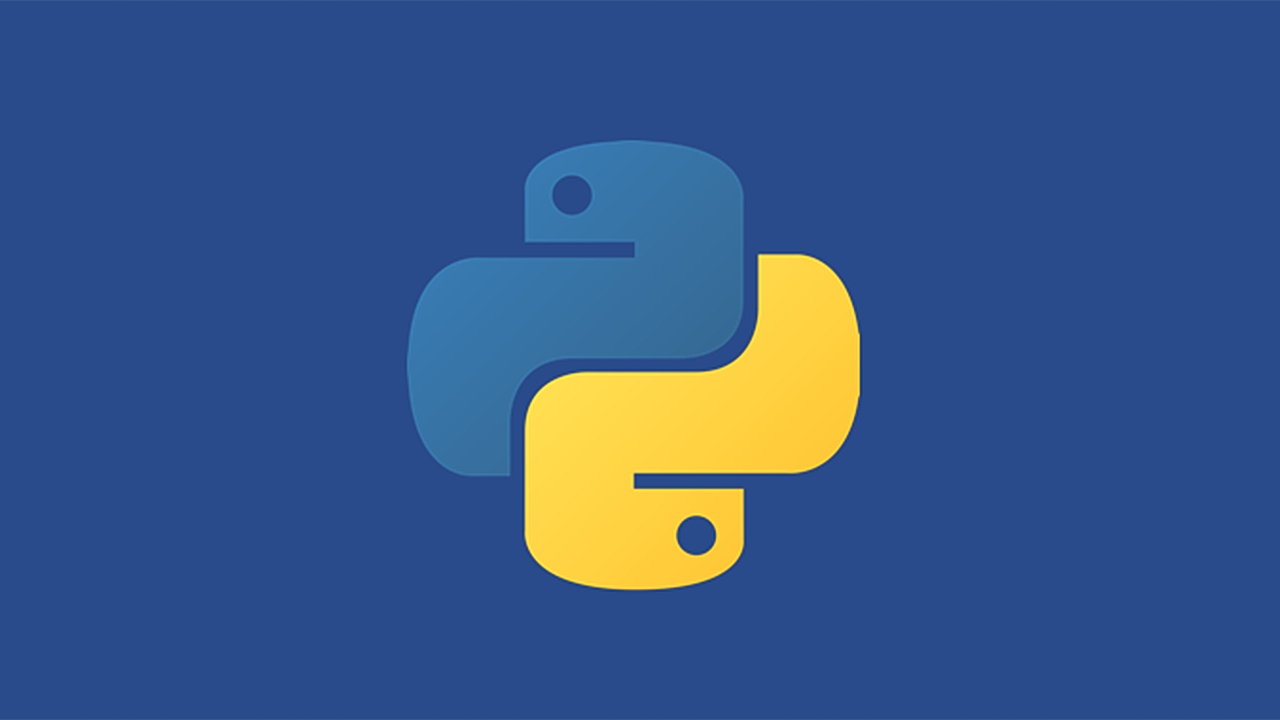Two malicious Python packages pretending to be tools for ChatGPT and Claude were found on PyPI, the official Python library repository. They went undetected for over a year, compromising developer systems and stealing sensitive data.
Malicious PyPi Package
According to cybersecurity researcher Leonid, the packages targeted the increasing use of AI tools in software development.
Developers, aiming to integrate ChatGPT and Claude, unknowingly installed these fake packages, mistaking them for genuine tools to interact with OpenAI and Anthropic’s models. The unnamed packages mimicked legitimate libraries, appearing functional while secretly running malicious scripts.
The malicious scripts stole sensitive data like API keys, credentials, and potentially proprietary code from developers’ systems, sending it to servers controlled by the attackers. The researcher noted that the packages remained undetected for over a year, exposing challenges in securing open-source platforms.
PyPI, a key resource for Python developers, has come under increased scrutiny as malicious actors exploit its open nature. This breach has raised concerns within the developer community about the dangers of using unverified third-party libraries.
Developers are strongly encouraged to audit their software dependencies, especially focusing on any recent installations of AI-related packages. This includes checking for any suspicious behavior or unexpected updates.
To counter such threats, PyPI maintainers are actively working to identify and remove malicious packages. They are also aiming to implement stronger security protocols, such as better authentication for package uploads, to reduce the risk of similar attacks in the future.
Security experts advise developers to adopt several best practices:
- Verify Package Authenticity: Check the source and reviews of packages before installing them.
- Use Virtual Environments: Isolate dependencies to prevent malicious packages from affecting the entire system.
- Employ Automated Scanners: Utilize tools that detect vulnerabilities and track changes in dependencies, providing an added layer of security.
These measures aim to enhance safety within the open-source ecosystem and safeguard against potential supply chain attacks.
Follow Us on: Twitter, Instagram, Facebook to get the latest security news!













Leave A Comment